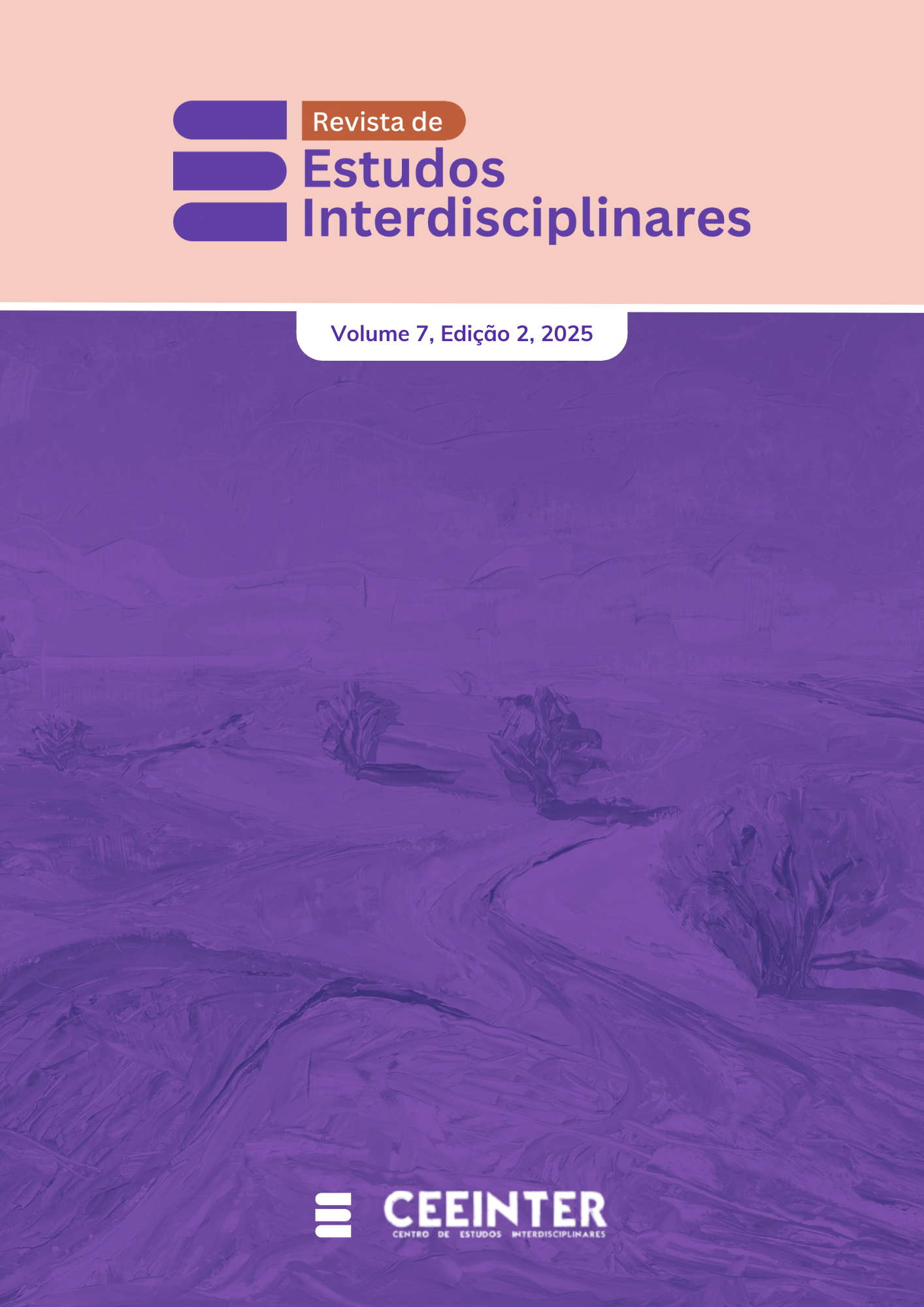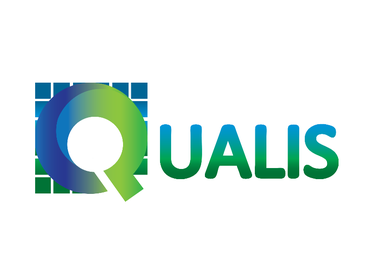HUMANITARIAN LOGISTICS AND STRATEGIC MANAGEMENT IN DISASTER SCENARIOS
CHALLENGES, TECHNOLOGICAL SOLUTIONS, AND OPTIMIZATION MODELS
Visualizações: 184DOI:
https://doi.org/10.56579/rei.v7i2.1941Keywords:
Humanitarian Logistics, Disaster Management, Emerging Technologies, Operational Resilience, Multisectoral CollaborationAbstract
Humanitarian logistics has gained global prominence due to the increase in natural disasters, pandemics, and crises that require rapid responses to save lives and reduce socioeconomic impacts. Post-disaster operations, such as infrastructure damage and resource shortages, demand well-structured strategies to avoid critical delays. The COVID-19 pandemic exposed logistical flaws, reinforcing the need for studies that integrate theory and practice. This study explores post-disaster operational challenges and innovative strategies to improve supply chain management in critical contexts. It focuses on emerging technologies, mathematical models, and multisectoral cooperation. Among the objectives are identifying challenges in disaster logistics, analyzing the impact of technological innovations, and proposing strategies to increase efficiency and resilience. The results show that optimization models reduced delivery time by 35% in earthquake scenarios. Drones were four times more effective in remote areas. During COVID-19, collaboration between governments and NGOs expanded vaccination in vulnerable regions. It is concluded that the effectiveness of humanitarian logistics depends on technology, institutional collaboration, and predictive models. Investments in adaptive infrastructure, capacity building, and interdisciplinary research are crucial for building resilient systems.
Downloads
References
AGGARWAL, C.C.; OBLAK, M.; VEMUGANTI, R.R. A heuristic solution procedure for multi-commodity integer flows. Computers and Operations Research, v. 22, p. 1075–1087, 1995. DOI: https://doi.org/10.1016/0305-0548(94)00085-M
AWERBUCH, B.; LEIGHTON, T. Multi-commodity flows: a survey of recent research. In: Proceedings of ISAAC ’93, p. 297–302, 1993. DOI: https://doi.org/10.1007/3-540-57568-5_260
ANONYMOUS. Payments industry learns key lessons from Katrina. Electronic Payments Week, v. 2, n. 42, p. 13, 2005.
BRASIL. Ministério da Defesa. Manual de logística em operações de Garantia da Lei e da Ordem (GLO). Brasília: MD, 2020.
ESCUDEIRO, L.F. Production planning via scenario modelling. Annals of Operations Research, v. 43, p. 311–335, 1993. DOI: https://doi.org/10.1007/BF02025089
GAI, Wenmei; DU, Yan; DENG, Yunfeng. Evacuation risk assessment of regional evacuation for major accidents and its application in emergency planning. Safety Science.Volume 106, July 2018, Pages 203-218p. 151–168. DOI: https://doi.org/10.1016/j.ssci.2018.03.021
ICRC – Comitê Internacional da Cruz Vermelha. Logística humanitária em conflitos armados: princípios e desafios operacionais. Genebra: CICV, 2017.
LIU, Yong; DU, Jun-liang; WANG, Yu-hong. An improved grey group decision-making approach. Applied Soft Computing, v. 76, p. 78–88, 2019. DOI: https://doi.org/10.1016/j.asoc.2018.12.010
MULVEY, J.M.; VLADIMIROU, H. Stochastic network programming for financial planning problems. Management Science, v. 3, p. 1642–1664, 1992. DOI: https://doi.org/10.1287/mnsc.38.11.1642
SHAPIRO, A.; HOMEM-DE-MELLO, T. A simulation-based approach to the two-stage stochastic programming with recourse. Mathematical Programming, v. 81, p. 301–325, 1998. DOI: https://doi.org/10.1007/BF01580086
Downloads
Published
How to Cite
Issue
Section
License
Copyright (c) 2025 Interdisciplinary Studies Journal

This work is licensed under a Creative Commons Attribution 4.0 International License.
The Journal of Interdisciplinary Studies adopts the Creative Commons Attribution 4.0 International License (CC BY 4.0), which allows for sharing and adapting the work, including for commercial purposes, provided proper attribution is given and the original publication in this journal is acknowledged.













